- Home
- About Us
- Products
-
Heat-Pump Dehumidifier DeAir
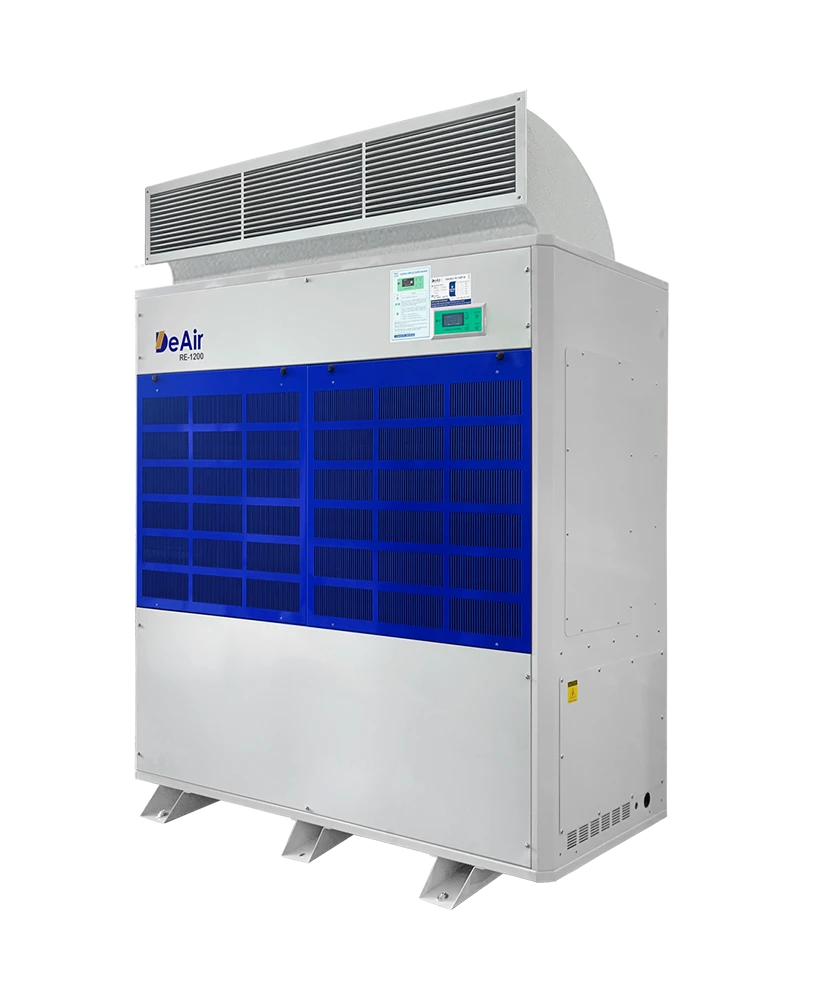 DeAir.RE
DeAir.RE -
Heat-Pump Dryer DeAir.RE-H
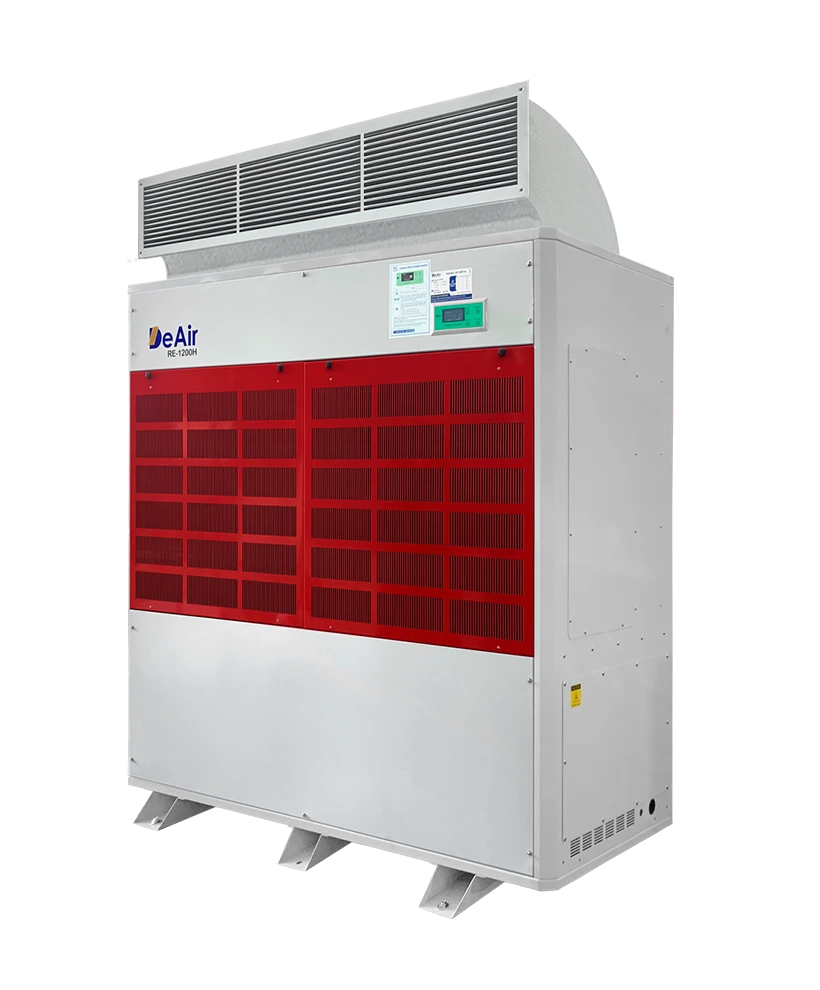 DeAir.RE-H
DeAir.RE-H -
Heat-Pump Stainless Steel Dehumidifier
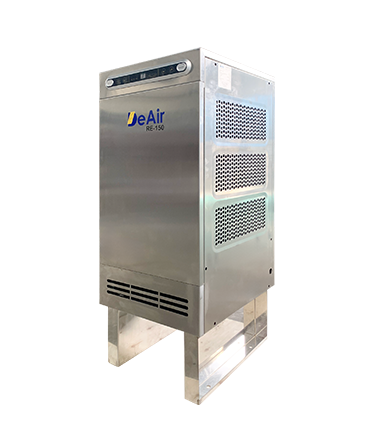 DeAir.RE-INOX
DeAir.RE-INOX -
Heat-Pump Isothermal Dehumidifier DeAir.CRE
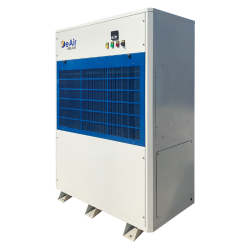 DeAir.CRE
DeAir.CRE -
Dezenno Dehumidifier
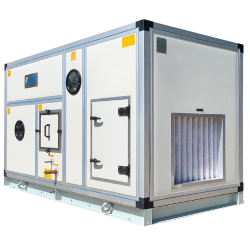 Dezenno
Dezenno -
Heat-Pump Ceiling Mounted Dehumidifier DeAir
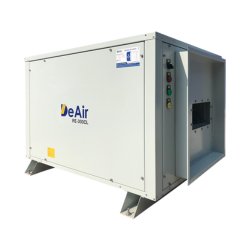 DeAir.RE-CL
DeAir.RE-CL -
Dehumidifier Olmas
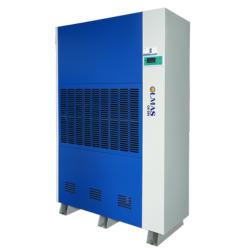 Olmas-OS
Olmas-OS -
Industrial Humidifier DeAir
 DeAir.HM
DeAir.HM -
Heat-Pump Dryer Daxwell
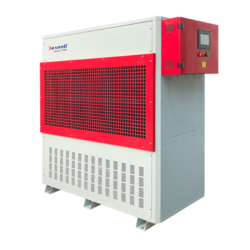 Daxwell
Daxwell -
Electric Duct Heater DeAir
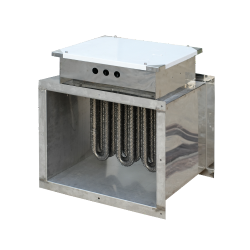 DeAir.Heat
DeAir.Heat -
Air Handling Unit Dezenno.MAX
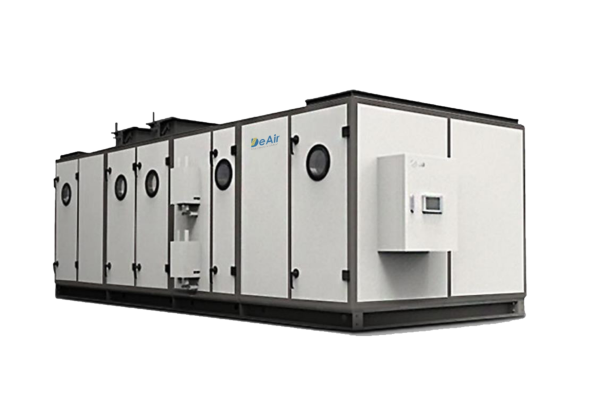 AHU
AHU
-
- Services
- Projects
- Warranty – Maintenance
- News
- Contact
Humidity Control Solutions for Pharmaceutical Plants According to GMP Standards
22/05/2024
In the Pharmaceutical industry, humidity is not merely an environmental factor. It is an "invisible ingredient" capable of reacting with and altering active ingredients, directly affecting the stability, therapeutic efficacy, and safety of drugs. Therefore, humidity control is not just for preservation; it is a mandatory requirement for complying with Good Manufacturing Practice (GMP) standards.
Failure to control humidity can lead to the rejection of entire product batches, causing enormous financial losses and damaging a company's reputation. As a technology partner, DeAir provides specialized humidity control solutions designed to help pharmaceutical plants in Vietnam meet and exceed the strictest GMP standards.
The Profound Impact of Humidity on Each Stage of Pharmaceutical Production
1. Raw Material Processing & Tablet Pressing Stage
Most excipients and Active Pharmaceutical Ingredients (APIs) are hygroscopic. High humidity causes powders to clump, reducing flowability, which can lead to machine blockages and result in incorrect tablet weight and dosage, directly affecting the medication's dose.
2. Film Coating & Encapsulation Stage
For softgel capsules, high humidity softens the gelatin shell, causing them to stick together. Conversely, for hard capsules, high humidity can make the shell tough and difficult to close. In the film coating process, humidity affects the evaporation rate of the solvent, leading to defects such as sticky, cracked, or uneven tablet surfaces.
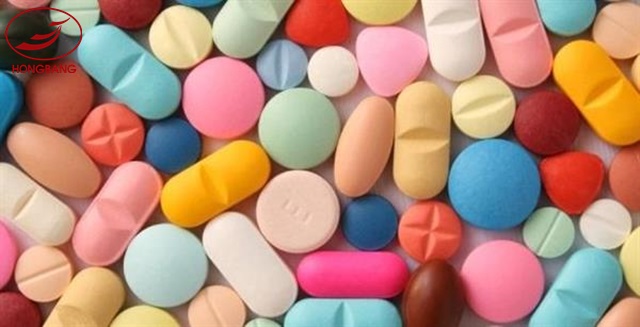
3. Packaging & Storage Stage
Moist air trapped inside blister packs or bottles can continue to degrade the product's quality throughout its shelf life. In storage warehouses, humidity is a critical factor for the growth of microorganisms and mold, which can contaminate drugs and reduce their lifespan.
Humidity & Temperature Requirements According to GMP Standards for Key Areas
Based on practical experience from implementing HVAC projects for GMP-compliant pharmaceutical plants, DeAir summarizes the recommended environmental conditions for the following production areas:
| Application | Temperature (˚C) | Humidity (%RH) |
| Injectable drug production room | 27 | 30 |
| Hard capsule filling room for penicillin antibiotics | 27 | 5 - 15 |
| Softgel capsule filling room | 24 | 35 - 40 |
| Effervescent tablet production room | 32 | 15 |
| Tablet pressing room | 24 - 27 | 10 - 30 |
Choosing the Right Dehumidification Technology for the Pharmaceutical Industry
1. Dezenno Rotor Dehumidifier (For areas requiring ultra-low humidity)
For specific areas such as the production of effervescent tablets, antibiotics, or handling extremely moisture-sensitive active ingredients that require humidity below 20%RH, the Dezenno rotor dehumidifier technology is the mandatory solution. This technology can achieve very low humidity levels that conventional condensation dehumidifiers cannot, ensuring an absolutely stable production environment in pharmaceutical cleanrooms.

2. DeAir.RE Industrial Dehumidifier (For general control areas)
For general production areas, weighing rooms, secondary packaging areas, and finished goods warehouses that require humidity in the 40-60%RH range, the DeAir.RE industrial dehumidifier series is an effective and durable solution.
- Key Features of DeAir Dehumidifiers: Manufactured in Vietnam to ISO 9001:2015 standards, using high-quality components like Copeland compressors and EBM-papst centrifugal fans, ensuring reliability, stable operation, and prompt technical service, which is suitable for the requirements of pharmaceutical plants.
3. Integrated AHU System (The total solution for GMP facilities)
For new plants or comprehensive upgrades to GMP-WHO or GMP-EU standards, a custom-designed Air Handling Unit (AHU) is the only solution. GMP standards require simultaneous control of particulates, pressure, temperature, and humidity. DeAir's Dezenno.MAX AHU system can integrate a specialized dehumidification module (rotor or condensation), facilitating a smooth validation process for the facility.
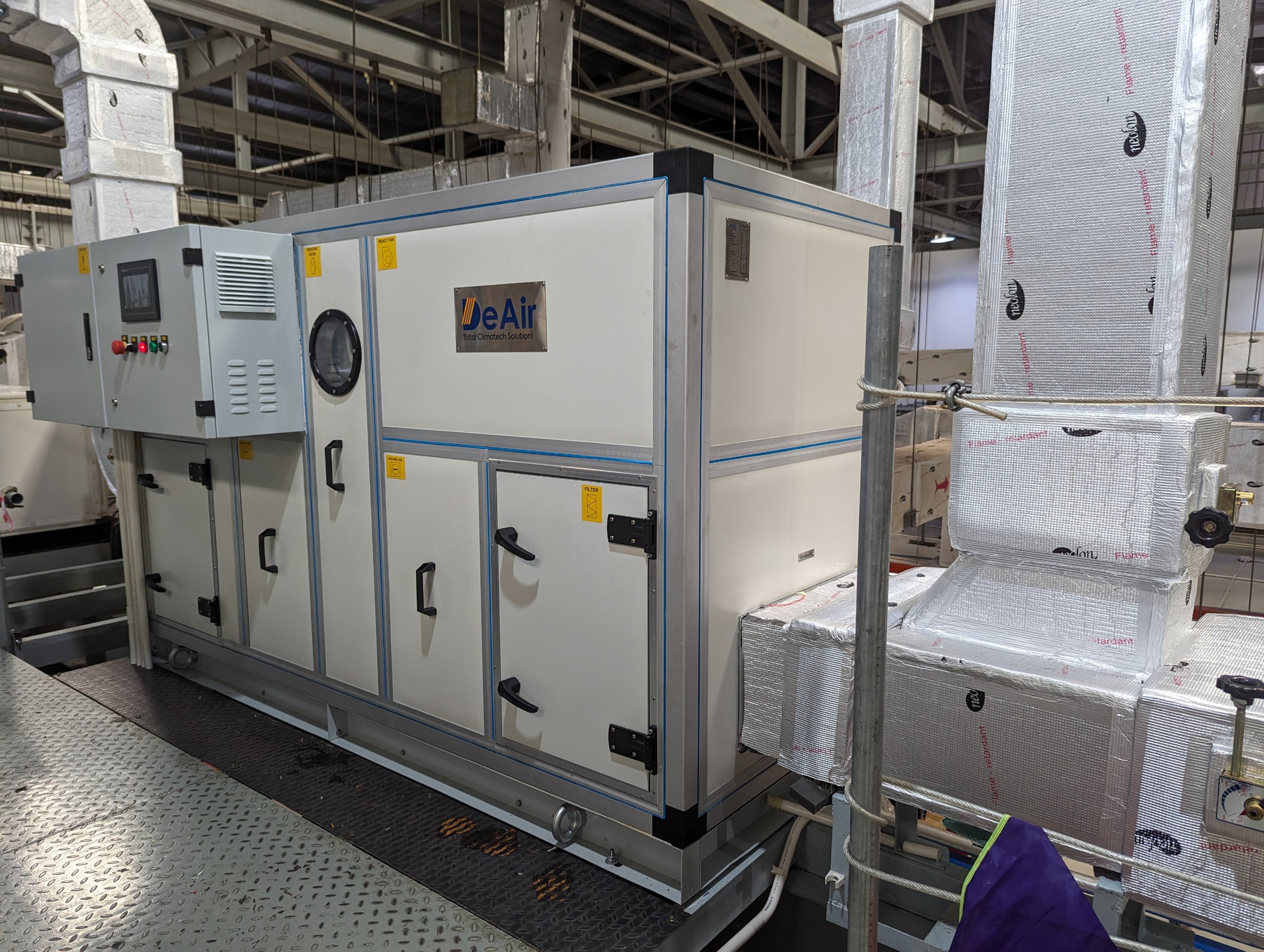
Conclusion
Humidity control is an indispensable pillar of GMP and a guarantee of pharmaceutical product quality. Selecting and designing a humidity control system for a pharmaceutical plant requires in-depth knowledge and practical experience.
Let DeAir partner with you in building a world-class pharmaceutical plant. Contact us for an in-depth technical consultation for your project.
CONTACT US FOR CONSULTATION AND A QUOTE
DEAIR JOINT STOCK COMPANY
Email: operation@deair.com.vn
Hotline: +84 925 977 579 (Ms. Tam) | +84 914 205 850 (Ms. Hoa)
Website: deair.com.vn/en
Sign up for news from DeAir
Related news






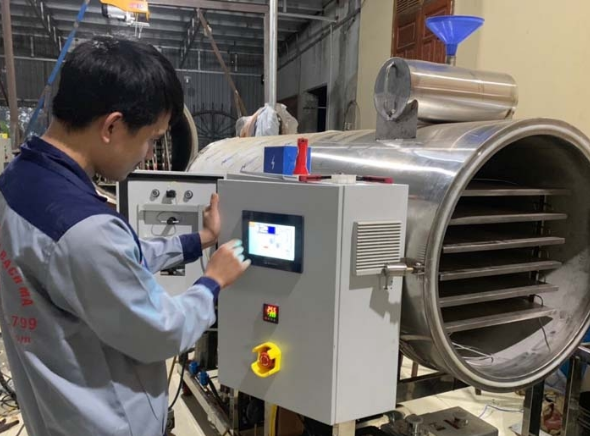



![[Case Study] DeAir Installs DeAir.De Rotor Humidity Control System for Pharmaceutical Plant in Binh Duong [Case Study] DeAir Installs DeAir.De Rotor Humidity Control System for Pharmaceutical Plant in Binh Duong](https://deair.com.vn/thumbs/news/2023_04/ban_giao_may_cho_duoc_bd/[270x153-cr]image1-1024x772.jpg__cv.webp)
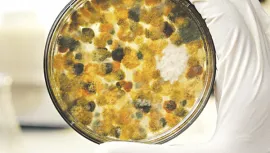
![[Review & Guide] Olmas OS-300: The New Humidity Control "Warrior" for Medium to Large Warehouses [Review & Guide] Olmas OS-300: The New Humidity Control "Warrior" for Medium to Large Warehouses](https://deair.com.vn/thumbs/news/huong_dan_su_dung_may_olmas_21/[270x153-cr]vtm06440.png)